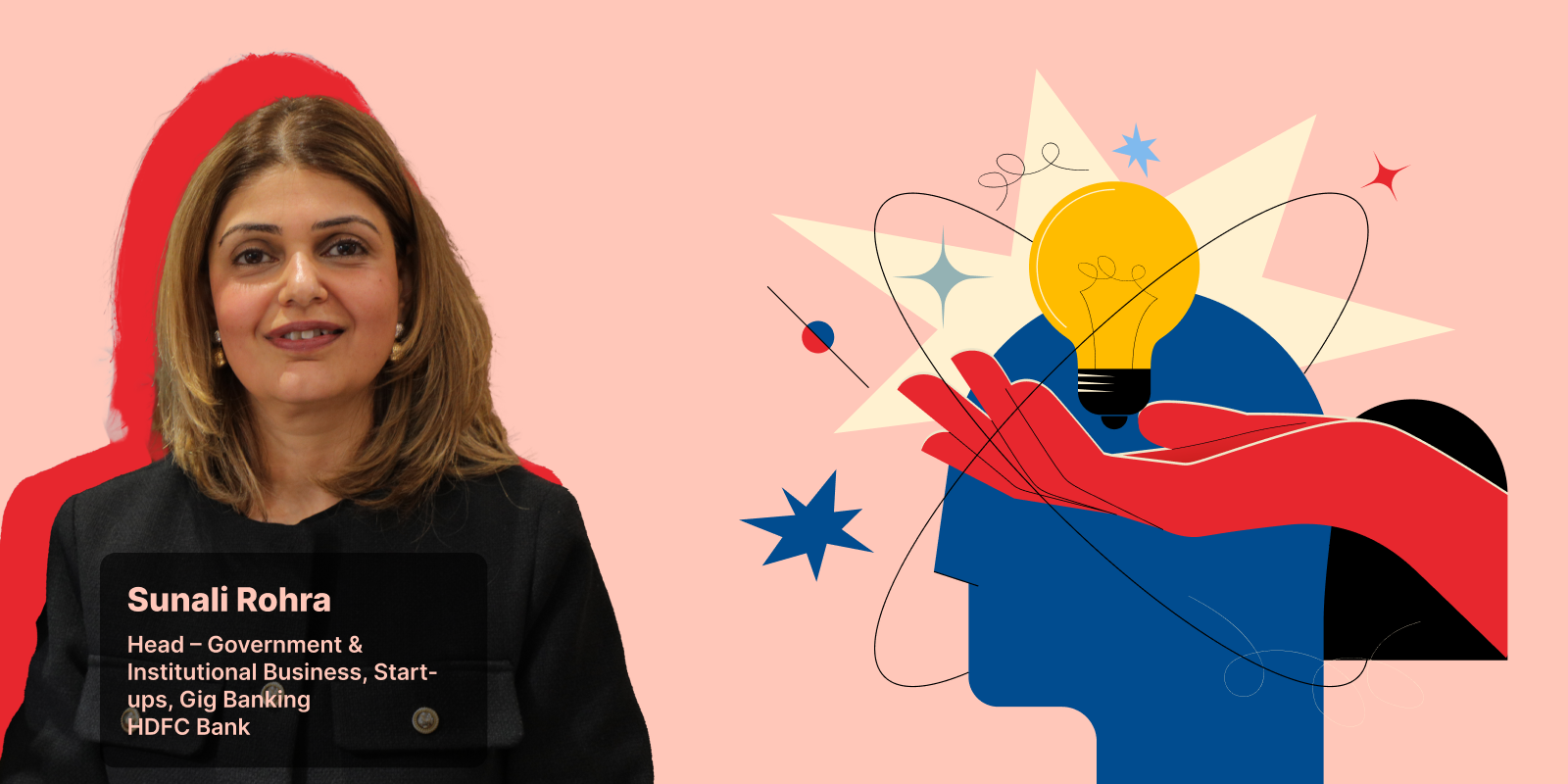[Guest Post]: Financial Literacy and Microfinance - New Research
Saturday October 25, 2008 , 2 min Read
Editor’s Note: Aparna Dalal works with the Financial Access Initiative, a research consortium between New York University, Harvard, Yale, and Innovations for Poverty Action. FAI is focused on finding answers to how financial services can better meet the needs of poor households. FAI aims to provide rigorous research on the impacts of financial access and on innovative ways to improve access. Aparna previously guest posted on health microinsurance models.
Last week I attended a conference on cutting-edge research in microfinance. Philanthropy Action live-blog presents in-depth coverage of the entire conference (see posts on Oct 17-18). Many projects were based in India covering areas like credit, savings, insurance, product design and impact.
One panel revolved around financial literacy and its impact on savings. With everyone, from the World Bank, to Citigroup, to Freedom from Hunger to IFC talking about financial literacy, it is important to understand what financial literacy really means. Does financial literacy mean teaching someone how to create a budget? Does it mean teaching someone how to cut back on unnecessary expenses? Does it mean teaching someone how to compare an interest rate and an APR? Does it mean teaching someone how to read a rainfall gauge to determine their insurance payout?
The idea of whether the poor need financial literacy has generated considerable debate within the industry. Muhammad Yunus (and others) argue that poor are good money managers with great financial acumen. Others argue that the past three decades of experience suggest that education programs could play an important role in helping households better manage their financial lives. Persistent borrowing, low saving, dealing with frequent emergencies are all indicators of poor financial planning skills – skills that could be improved through well-designed education programs.
It is difficult to tease out the exact effect of these programs, which makes this type of research all the more challenging. Further, the diverse nature of the programs (as indicated in the questions above) makes understanding the components and structures of the programs critical.







![[TechSparks 2020] Robust tech and architecture helps Zoom support over 3 trillion meeting minutes in a year](https://images.yourstory.com/cs/2/a9efa9c02dd911e9adc52d913c55075e/Screenshot2020-10-30at2-1605004421972.png)


